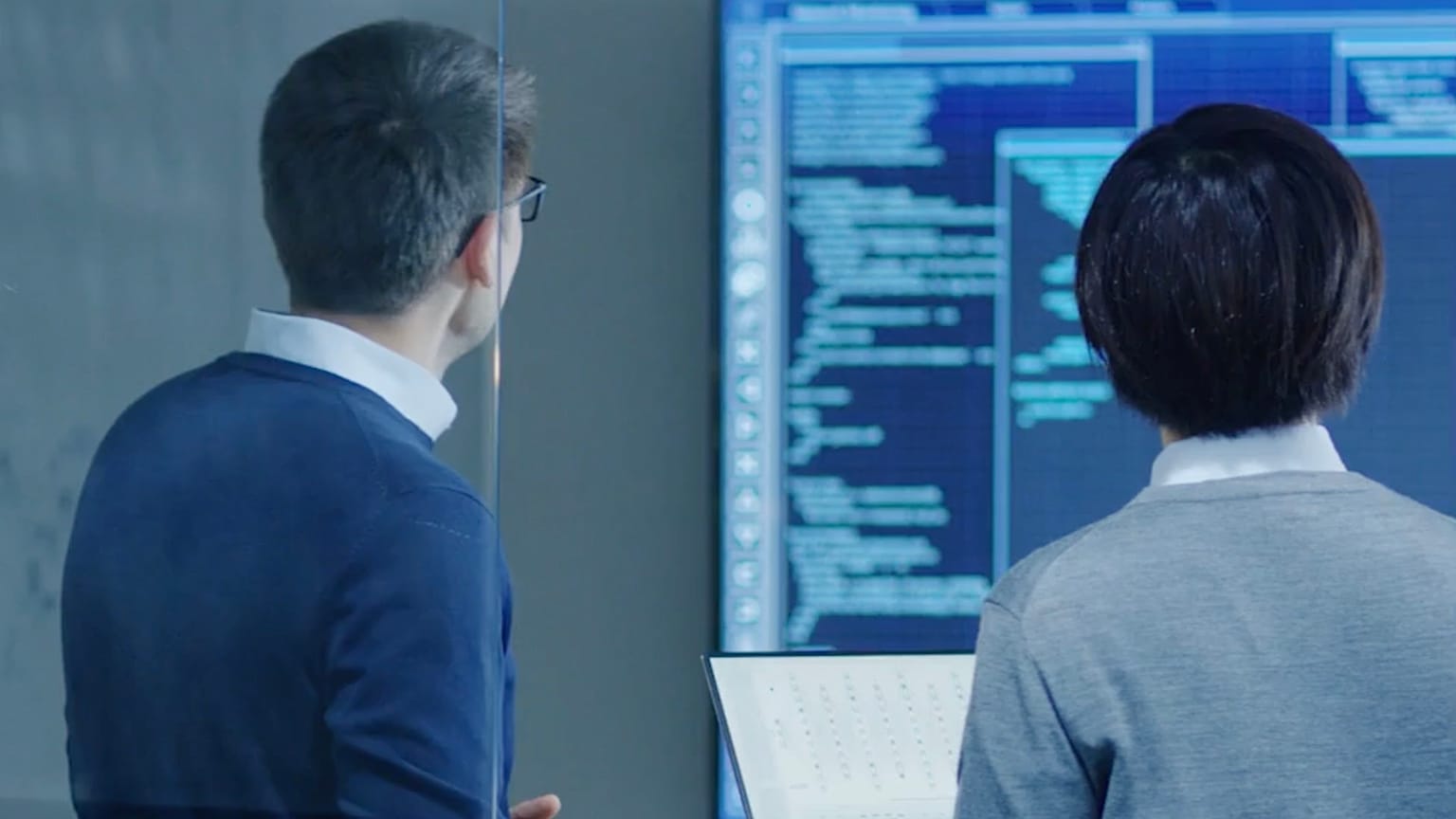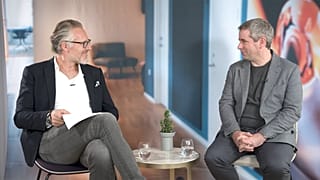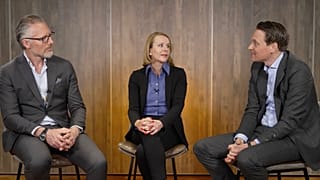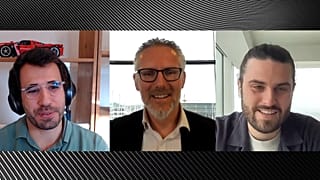What does an intelligent enterprise look like? Which technologies are transforming industries today?
How are jobs changing? And how does this all change our lives as consumers and citizens?
Articles, books and research papers are written every day on these topics, yet no one knows for certain and the only thing that seems constant right now is change. The future is difficult for any business leader or researcher to predict because the main issues influencing businesses today - disruptive business models, smart technologies and changing consumer needs - are continuously evolving.
However, what is clear is technology will be at the heart of industry and the consumer experience. Many areas of life are already seeing a rapid shift to digital because of the value it creates. Crypto currencies and the Blockchain, for example, are disrupting the value of traditional assets like cash; artificial intelligence is predicting customer needs, and renewable technologies are creating clean energy sources.
Given the speed, scale and impact digital transformation is having on customers, enterprise and industry, global software company SAP is launching a new vodcast series, Digital Business Motion, that discusses the digital transformation journey of leading multinationals.
The series will deep dive into how technology is changing the face of business and the consumer experience. It will be based on inspiring and informative conversations with a broad range of leaders at various stages of the digital transformation journey.
Digitisation versus digitalisation
But first, what does the digital transformation process entail? SAP describes the journey to digital in two parts: Digitisation and digitalisation.
The first step, digitisation is well underway in many industries and refers to the conversion of assets and information from analog to digital. Take, for example, that vaccination status is now shown via encoded QR codes on your phone, as opposed to a medical certificate on paper. Mass amounts of digital information, such as this, unlocks new value propositions and technologies such as big data, machine learning, cloud computing and business intelligence.
Digitalisation, therefore, is the process of understanding and capitalising on how the digitisation of assets and information can create entirely new business opportunities and technologies that have the power to change enterprise and customer experience.
Specifically, the Gartner Glossary says: “Digitalisation is the use of digital technologies to change a business model and provide new revenue and value-producing opportunities. It is the process of moving to a digital business.”
Machine learning, for example, has been made possible because of the collection and organisation of mass digital datasets. Chatbots are becoming increasingly skilled at having complex conversations with customers which removes the need for human interaction at a certain level. Or, in healthcare, artificial intelligence (AI) powered algorithms can detect minute changes on chest and lung scans that doctors may not have picked up.
The value technologies like these creates should empower leaders to accelerate the digital transformation process, wherever they sit in the process.
Adapting to change
Yet, the transition from analog through to digitalisation differs widely across companies and sectors. Some companies and industries were born digital, such as startups whilst others are moving slowly.
For very large companies, the transformation can be arduous. New technologies mean risk, months of integration, retiring legacy systems and most importantly, change management across workforces that are used to doing things a certain way.
However, it’s those organisations that see the digital transition as a defining opportunity that adds to their business that will have the best chance of success in future economies, whatever direction things go. The late Stephen Hawking once said “intelligence is the ability to adapt to change,” and this could not be truer in today’s fast paced, tech-changing world.
Real, relatable stories
The need for change and the shift to digital has been the inspiration behind this series.
“At SAP, we are collaborating with incredibly interesting companies at different stages of the transformation journey. Many of these companies have fascinating stories, lessons learnt and ideas to share.
At the speed in which things are changing now, it can be very difficult for professionals to navigate the transformation journey and we hope this vodcast series will inspire and help others through real and relatable stories,” an SAP spokesperson said.
The first guest for the vodcast will be from global HR solutions company Remote who will discuss the company’s shift to automation. The episode will be published on May 18th.





